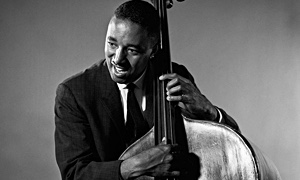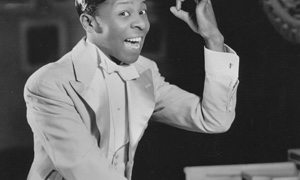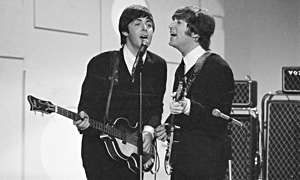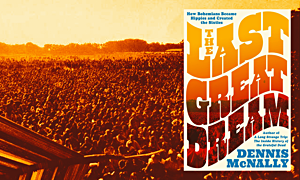Home » Jazz Articles » Book Review » Silent Solos: Improvisers Speak
Silent Solos: Improvisers Speak
 Silent Solos: Improvisers Speak
Silent Solos: Improvisers Speak Soft cover; 174 pages
ISBN: 978-3-00-030557-3
Buddy's Knife
2010
Improvisation, at its best, is about instinct. At its worst, it's an intellectual exercise, cold and theoretical, without an emotional perspective. Fortunately, the beautifully produced Silent Solos: Improvisers Speak avoids the pitfalls of theoretical nonsense and opts instead for the opportunity to translate the difficult notion of improvisation into poetic meaning.
The book is a veritable who's who of musicians working in free improvisation and the avant-garde. It gathers contributions from 50 musicians, including percussionist 
Cooper-Moore
pianob.1946

William Parker
bassb.1952

Matthew Shipp
pianob.1960

Steve Swell
tromboneb.1954

Charles Gayle
saxophone1939 - 2023

Lee Konitz
saxophone, alto1927 - 2020

Yusef Lateef
woodwinds1920 - 2013

Joe Maneri
saxophone1927 - 2009

John Tchicai
saxophone1936 - 2012

David S. Ware
saxophone, tenor1949 - 2012
While the idea behind the project is thrilling—asking some of the most influential free musicians to write about the nature of their craft—the book could easily have misfired. There's no guarantee that the musicians would be as eloquent with words as they are with notes, but as it turns out, they create patterns of words as emotionally intense and thought provoking as their music.
Part of the attraction of the book is the wide variety of moods and forms. There's everything from poetic prose and swinging beat-poetry to lofty philosophical manifests. There's haiku-like simplicity too, as when Yusef Lateef writes a poem about "The Bird:"
"The bird flew down onto the ground. He chirped. He sang his song throughout the day. I marveled. He sang of love and beauty. I listened. He flew away up into the sky. I remember."
Like deep music, "The Bird" can be understood on several levels. Literally, it is a brief glimpse of a nature scene, but allegorically it could be read as an homage to alto saxophonist

Charlie Parker
saxophone, alto1920 - 1955
Whereas Lateef uses allegory to capture the magic of music, Joe Maneri takes a more concrete approach to words, in poems that are every bit as idiosyncratic as his music. "One" explores the legacy of Dadaism by approaching a language where the sounds of the words becomes an end in itself, liberating the words from the straightjacket of referential meaning:
"Flaull clon sleare; Rouve clanslika; Flautell lunege; Blausodoh fleeka Lasflowe; bloomplek. Peelah donrowflin; Lazdellohdoe; Plan celati dohnblohnn; Leelahlah sourn; elf daupin."
While it may be tempting to write Maneri's musings off as nonsense, the fascination of his poetry lies in the way he works with the outer boundaries of meaning. Though the words are not understandable in a conventional way, they retain the structure and pattern of real words, hinting at languages like French, Icelandic, Irish and English; words such as "Lasflowe" and "bloompek," for instance, conjure up flowers and blooming. In many ways, Maneri's poetry, like his music, grows organically out of nowhere and everywhere, emphasizing improvisation as the dual act of breaking and reconnecting with tradition.
The poems and texts in the book invite contemplation, but they can also be enjoyed as a kind of music, to be read out loud or savored in silence. Sumptuously illustrated by painter Jorgo Sch?fer and including mini-biographies of the 50 participating musicians, Silent Solos: Improvisers Speak is a treasure trove of diverse poetic thinking about music, a true gift to anyone who cares about poetry and improvisation.
Tags
Comments
PREVIOUS / NEXT
Support All About Jazz
 All About Jazz has been a pillar of jazz since 1995, championing it as an art form and, more importantly, supporting the musicians who make it. Our enduring commitment has made "AAJ" one of the most culturally important websites of its kind, read by hundreds of thousands of fans, musicians and industry figures every month.
All About Jazz has been a pillar of jazz since 1995, championing it as an art form and, more importantly, supporting the musicians who make it. Our enduring commitment has made "AAJ" one of the most culturally important websites of its kind, read by hundreds of thousands of fans, musicians and industry figures every month.


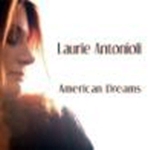


 Buy Now
Buy Now




